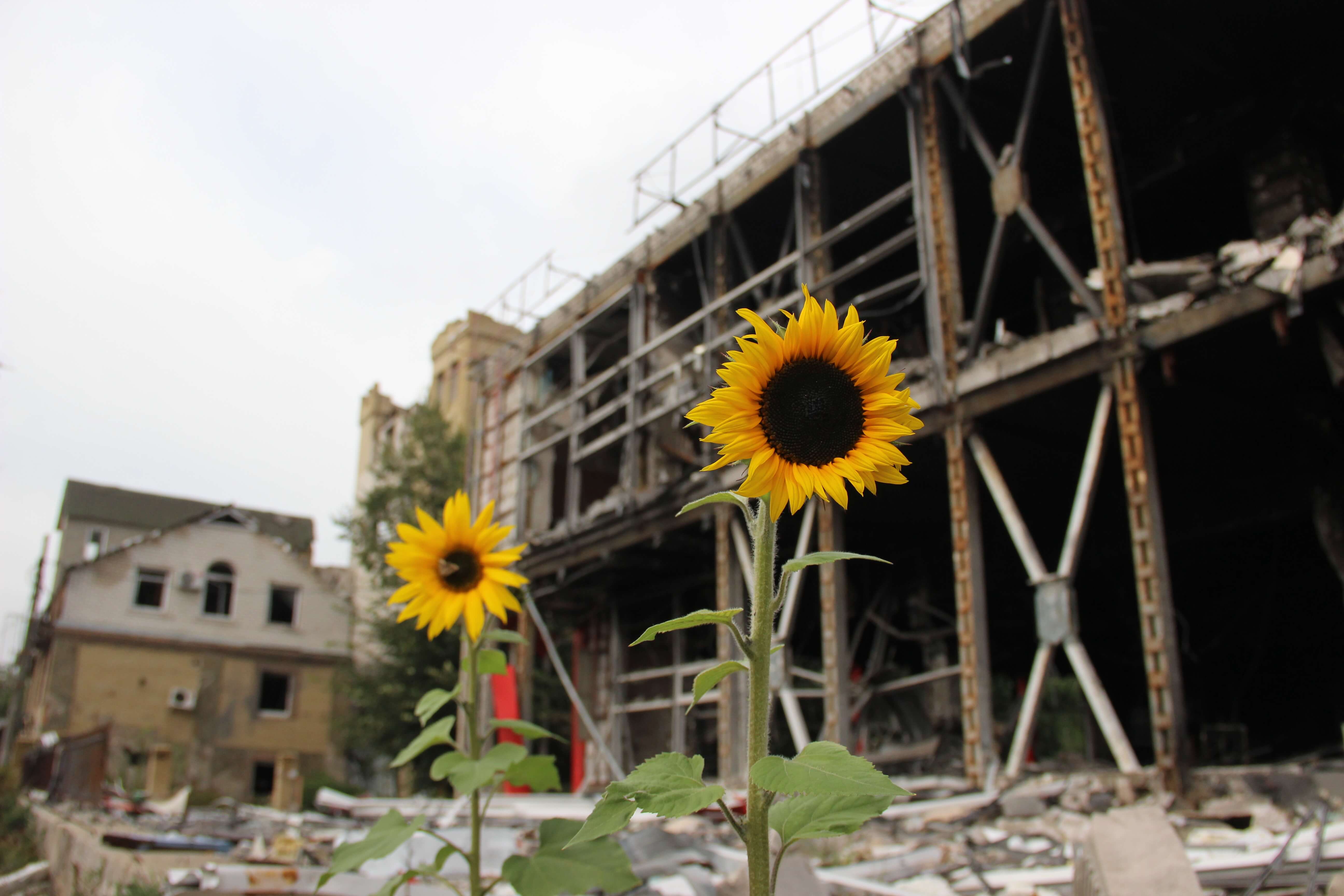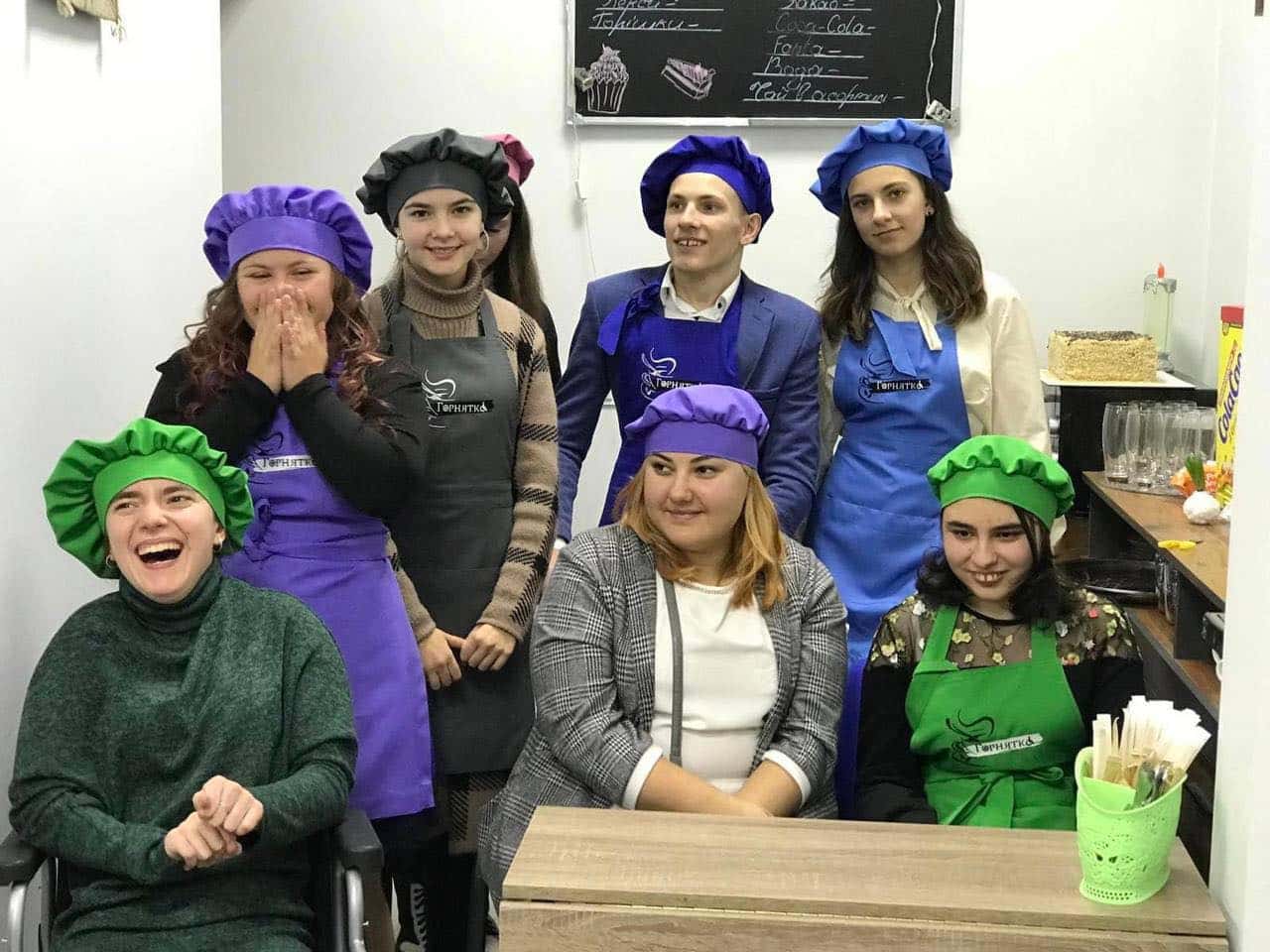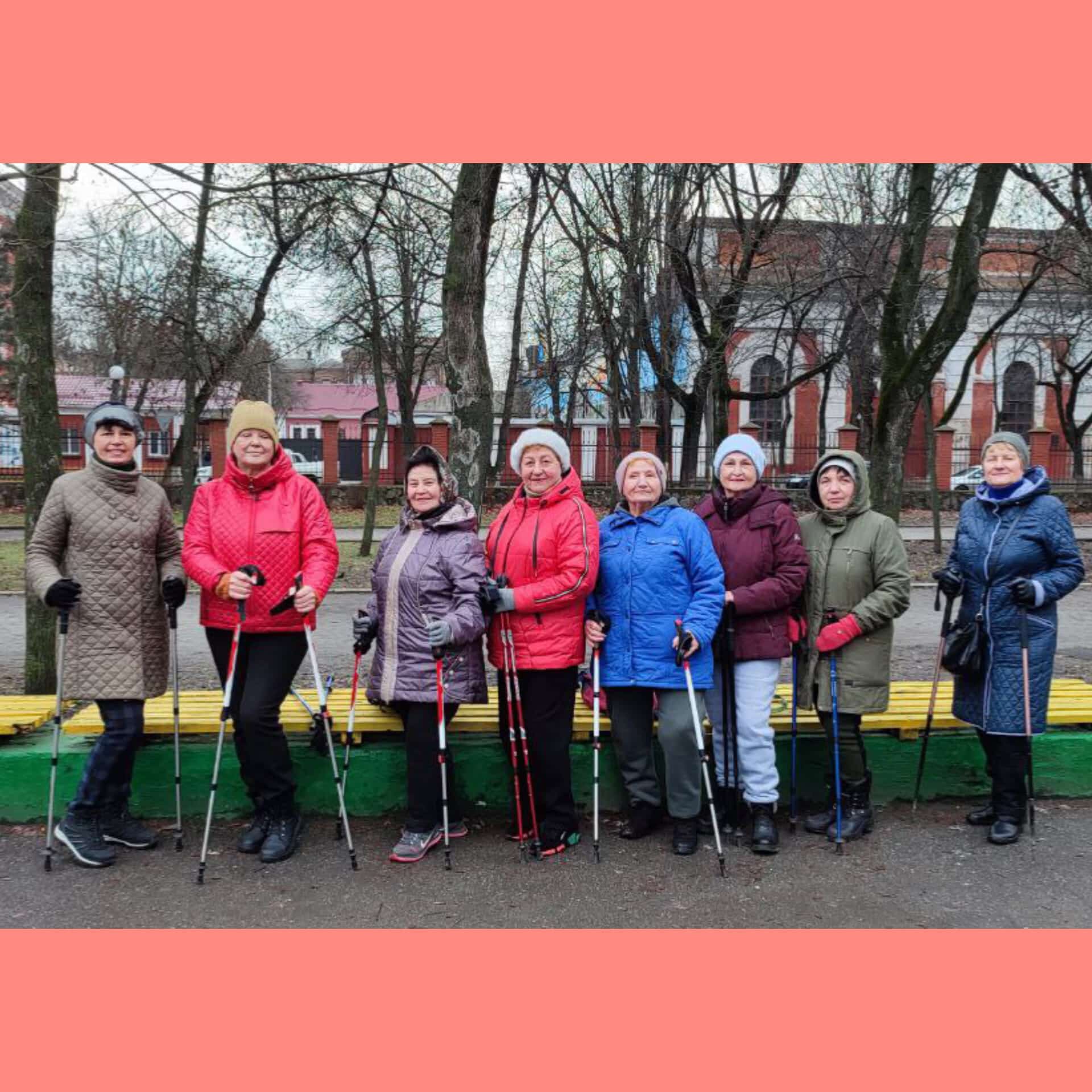Petr Pojman is a citizen of the Czech Republic. Before the the full-scale invasion he had been to Ukraine several times. After February 24 he began visiting the country on a regular basis. Along with his team he helps people who are defending their country. He first delivered basic things to people on the front, namely clothing and bulletproof vests. As soon as those needs were met, he began delivering drones, night-vision devices and cars. Also, Petr and his colleagues spoke to us about Ukrainian truth and Russian lies.
*
Petr Pojman is a representative of the Czech criminologist community in Ukraine. He speaks about the war not only in his home country, but also far abroad. He and his colleagues are writing analytical articles, taking interviews and participating in roundtable discussions while also counseling people. According to Petr, he has not faced any challenges explaining people living in Poland or Slovakia about what is going on in Ukraine. It is more of a problem conveying true messages to people living in West Europe, for example, in Germany.
«Every day I pass by cities that are hit by missiles or shells», Petr says. «It’s hard to believe in the things happening right before your eyes even after you have witnessed it. That is what human psychology is about: we are trying not to let negative things get stuck in our mind. Lots of people refuse to believe that something of the kind is possible. However, this was mostly happening in the first days of the invasion. People now seem to get a deeper understanding of this and treat the overall situation more seriously».
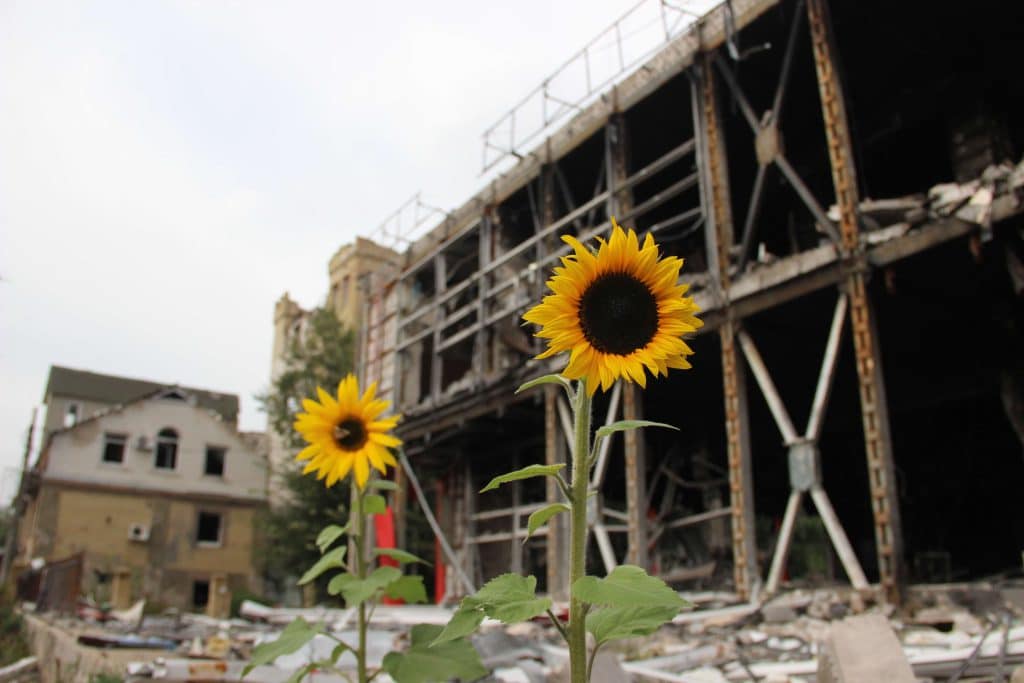
However, Petr admits that it is still difficult to comprehend this. He recalls Russians detaining seven citizens of Sri-Lanka in the occupied city of Vovchansk. They were beaten, Russians pulled off their nails, giving them food twice a week.
Petr himself has spoken on a number of occasions to witnesses of the Russian occupation. He saw bodies in Izyum being exhumed. It was enough for him to grasp the essence of this war. Before the war Petr would warn others about Russia posing menace to the world. However, he would not have expected the sheer scale of this menace.
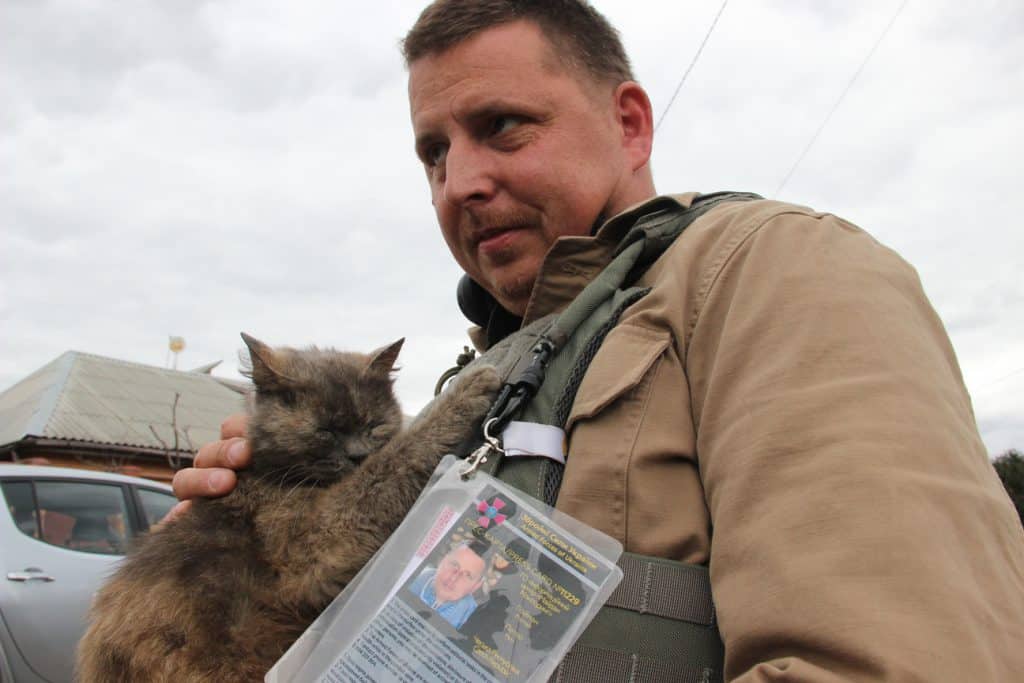
Those who supported and sympathized, and those who advocated for negotiations
It is important that those people who are not indifferent should speak the truth about the war. All the more so, given Russia’s active attempts to promote its narratives abroad. Back in 2014 the Kremlin was actively promoting such narratives as «Ukraine is beset by civil war», «Crimea belongs to Russia» or «All Ukrainians are Nazis». In this Moscow was helped by loyal journalists and bloggers. One of them is Graham Phillips, a citizen of Great Britain. He lives off shooting propagandist videos (also, in the occupied territories of Ukraine).
He does not shy away from resorting to provocations. For example, back in 2016 he and a German journalist, Billy Six, stormed into the head office of the Berlin newsroom «Correctiv». There Graham and Billy were demanding a meeting with the journalist Markus Bensmann, who was investigating the downing of MH17. The former were shouting questions «Why do you keep lying?»
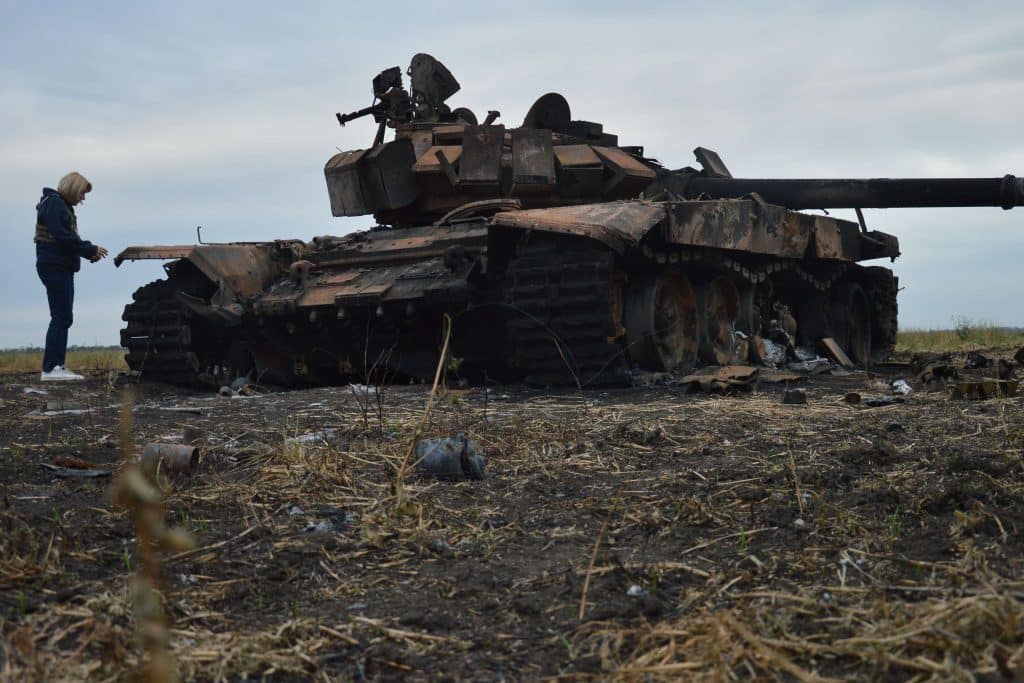
Two years back Phillips visited an exhibition of a Georgian artist, Gia Bugadze, dedicated to the tenth anniversary of the Russia-Georgia war. Phillips began shouting anti-Georgian slogans, calling everyone present at the exhibition «fascists» and «Nazi-zombies». After the full-scale invasion Phillips continued working for the Kremlin. He said that Ukraine is governed by Nazis and that the large-scale massacre of Ukrainians in Bucha was staged.
Is he the only one, though? Unfortunately, the answer is «no». According to the Center for countering disinformation (which is part of the National Security and Defense Council of Ukraine), over one hundred of foreign journalists, politicians, scientists and members of the military, play into the hands of Russia. Among them there are those who fully support Putin’s regime.
However, a significant part of these pro-Kremlin supporters (there are 60% of them) ostensibly support Ukraine in their statements while at the same time justifying actions of the Russian government in every possible way. It is common for them to deploy narratives including «NATO has provoked Russia», «Russia has not invaded Ukraine» or «Ukraine and the world have to make concessions to Putin». Aside from that, in their speeches these supporters represent Ukraine as an absolutely dependent state, which is quite redolent of Russian propaganda. The third category of people is the so-called «lobbyists of negotiations». They apparently try to condemn the Russian aggression, at the same time trying to persuade Ukraine to start peace talks by conceding the occupied territories. They also speak against weapons being delivered to Ukraine, claiming that Putin is being provoked to go for nuclear escalation.
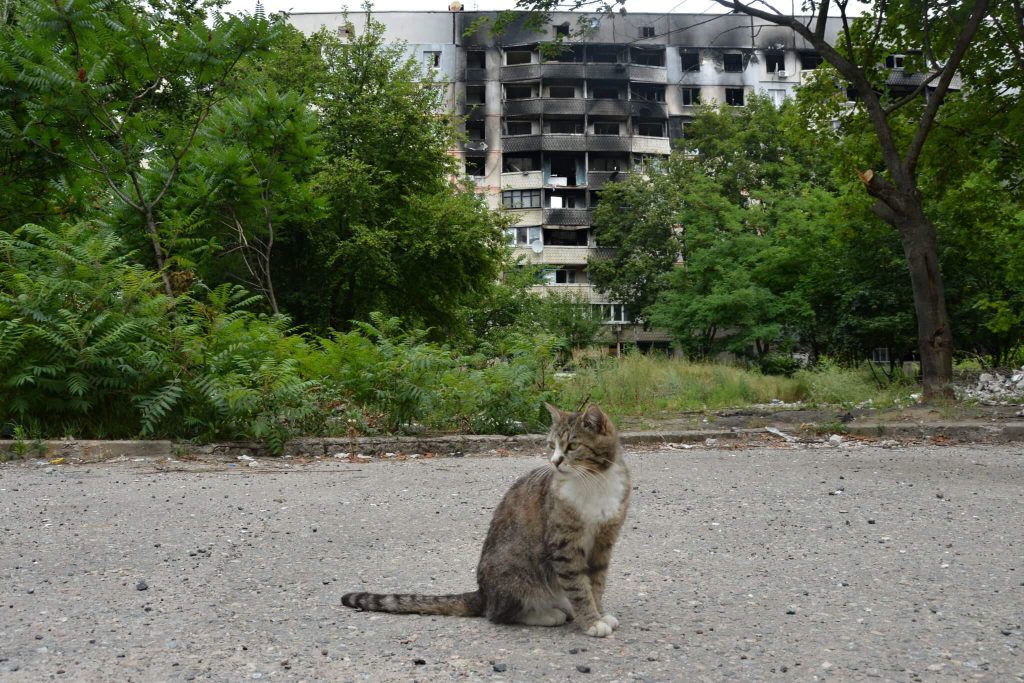
These people have either been paid, or they are not quite smart
«Before February 2022 Russian propaganda had gained a certain degree of success in the Czech Republic and other European countries», says Pojman. «However, now there are very few staunch pro-Russian propagandists who would justify Russia’s war on Ukraine and Russian activities in Europe. My understanding is that they are paid for this. Or these are people who are not quite smart. Sometimes they leave comments under the articles that my team produces.»
According to Pojman, Russians have shelled Kharkiv with C-300 missiles several times, although these missiles were meant to destroy other aerial targets. Petr remembers one Russian propagandist claiming in the comment section that this can’t have been true. The propagandist claimed he was an authority on this area, having spent 20 years writing articles about the topic. According to him, these missiles are self-destroyed after they miss their initial target.
«My answer was: yes, C-300 missiles might have this function», Petr says. «But Kharkiv has been shelled by missiles that can be used to hit ground targets. They may miss aerial targets, but they never fail in falling back on the ground, after which they explode leaving a crate. So, there is no chance this was anything else but C-300 missiles. We have gained much experience in this. However, his narrative was crystal clear. He was trying to convince our readers that these were not Russian C-300 missiles. He insisted on these being Ukrainian missiles that accidentally exploded. His comments were quite awkward, which helped us see through him and destroy him in front of our readership».

Petr was unfortunate to speak to one of the members of the economic faculty. He claimed that the majority of Ukrainians had left for Russia. It was his conviction that they did that because of their love for their northern neighbor. At the same time, this member of the faculty failed to mention that these Ukrainians had come to Russia from the occupied territories, since nobody of them had any other way out.
«He does not understand that the so-called «evacuation» rather resembled deportation», says Pojman. «Such a statement can only be made by someone, who has no idea whatsoever of what is really going on».
Nevertheless, what makes people stick to Russian narratives? Petr believes that these people are usually guided by practical reasons. Normally, good relations with Russia mean cheap energy sources.
«That’s what has happened to Hungary», says Petr. «Some time ago the famous Russian crime boss, Semion Mogilevich, did his shenanigans in Hungary. He bribed Hungarians, met with local politicians who now have certain political sway in Hungary. The country gets cheap gas and people are happy about it. In the Czech Republic many are afraid of living through the coming winter, since it is expected to be cold. But in Ukraine people are paying with their lives and the lives of the children. It’s very easy to pay our price. Just buy yourself a sleeping bag and stock up on fire wood, and things will be alright».

